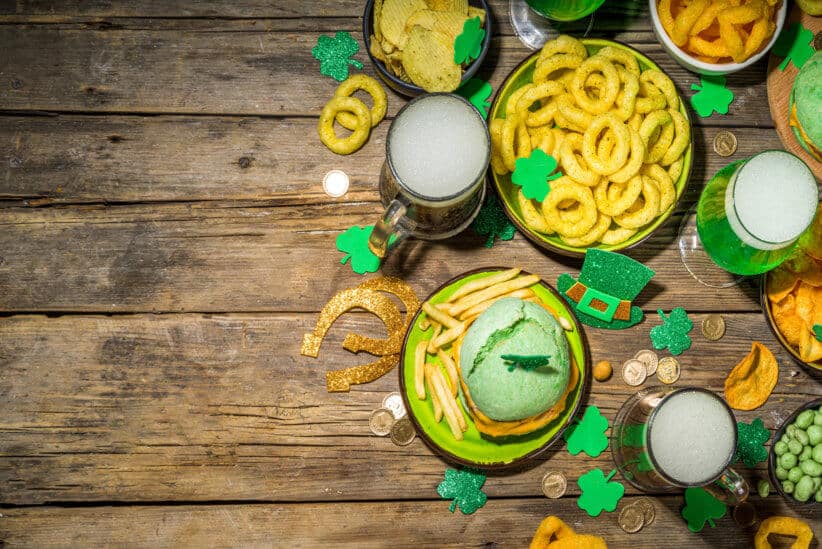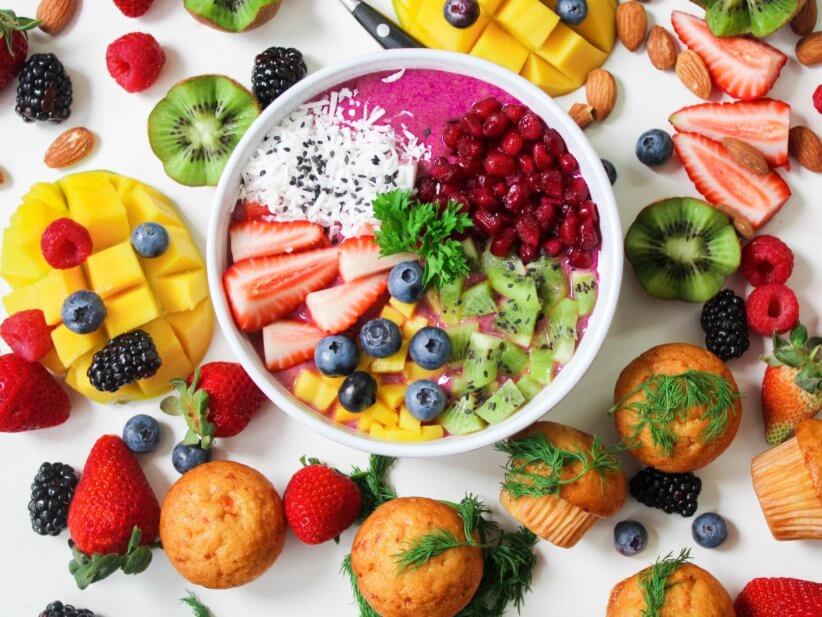My friend, Gail, called me with a question: “I have a container of eggs in my refrigerator with a sell-by date of two weeks ago. Are they safe to eat?”
I get a lot of food and nutrition questions from friends and family. But how long food can be kept is the top query. Cooks want to stay safe, yet, they don’t want to throw away perfectly good food.
Surprisingly, food scientists agree that many foods, if stored properly, can be consumed for days or even weeks past the package date.
A 2013 study out of Harvard Law School and the Natural Resources Defense Fund found consumers falsely believe sell-by and best-by dates indicate food safety.
Fact: It’s the manufacturers that often decide on their own how to calculate shelf life — and they’re basically a guess. These dates confuse consumers, leading many to throw out food before it actually goes bad.
What the terms mean:
Sell-by. These are used to tell retailers how long to display a food. You should purchase it before this date, but the food can still be eaten after it. For example, milk has no off-flavor up to five days after its sell-by date and can be consumed until then.
Best-by. These are based on sensory evaluations by product developers and do not reflect food safety.
Use-by. These dates indicate the last day of peak food quality. Food stored properly is not necessarily unsafe to eat after this date according to the United States Department of Agriculture.
How long is it good?
Lunch meat. Three days for fresh-sliced meats. Ditto for prepackaged deli meats once you open them.
Ground meat. Cook within one to two days of purchase. After cooking, three to four days.
Leftovers or prepared foods. Four days in the fridge. Listeria monocytogenes, a bacteria linked to food-borne illness, can grow at refrigerator temperatures as low as 40 degrees.
Packaged cookies and crackers. If they have a paint-like smell or taste, their oils have turned rancid and should be tossed.
It’s important to note foodborne illness (a.k.a. food poisoning) comes from bacterial contamination and not spoilage. Eyeballing and sniffing just detects the presence of spoilage microorganisms, not necessarily food pathogens. Most of the organisms in food that can make you sick do not create slime, stink, and smell.
Common sense dictates if a food looks moldy or smells awful, it’s time to toss.
Gail was relieved when I reassured her that eggs, if kept refrigerated, should last at least three to five weeks after the sell-by date stamped on the carton.
Christine Palumbo is a Naperville-registered dietitian nutritionist who is a new Fellow of the American Academy of Nutrition and Dietetics. Follow her on Twitter @PalumboRD, Facebook at Christine Palumbo Nutrition, or Chris
Spinach wild rice salad
Serves 6
INGREDIENTS:
1 pouch Uncle Ben’s Ready Rice Jasmine Rice
1 pouch Uncle Ben’s Ready Rice Brown, Red, Black Rice
1 pouch Uncle Ben’s Ready Whole Grain Medley Brown & Wild
4 cups baby spinach
2 cups cherry tomatoes, cut in half
1 cup crumbled goat cheese
6 Tbsp balsamic vinaigrette
DIRECTIONS: Prepare rice according to package directions. Refrigerate and cool until just before serving.
For each serving of salad, toss 1/2 cup cooled rice with 1 cup baby spinach, 1/2 cup cherry tomato halves, 2 ounces crumbled goat cheese, and 1 tablespoon balsamic vinaigrette.
NUTRITION FACTS: 310 calories, 43 g carbohydrate (2 g sugar), 9 g protein, 12 g fat (3.5 sat), 4 g fiber, 670 mg sodium, 60 percent DV vitamin A, 30 percent DV vitamin C, 10 percent DV iron and eight percent DV calcium.
Adapted from Uncle





















